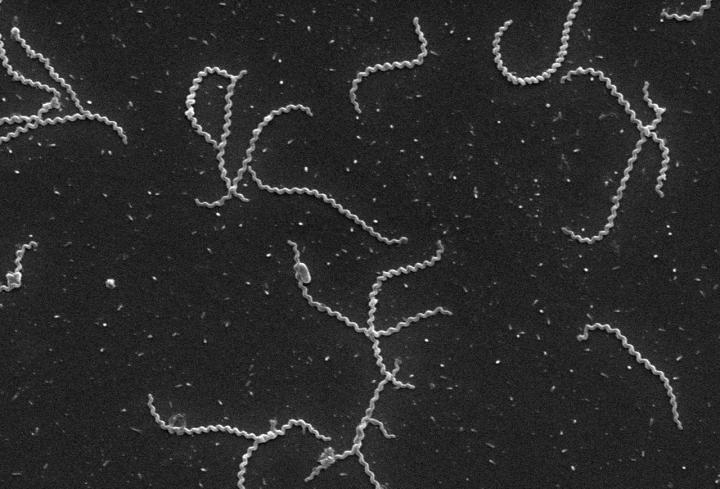Leptospirosis is a bacterial disease caused by bacteria of the genus Leptospira. In humans, it can cause a wide range of symptoms. However, some infected persons may have no symptoms at all. Without treatment, Leptospirosis can lead to kidney damage, meningitis (inflammation of the membrane around the brain and spinal cord), liver failure, respiratory distress, and even death. Now, scientists at Yale School of Public Health have designed a single-dose universal vaccine that could potentially protect against the many forms of leptospirosis bacteria.
Their findings were published recently in the journal eLife in a paper titled, “A live attenuated-vaccine model confers cross-protective immunity against different species of the Leptospira genus.”
“Leptospirosis is the leading zoonotic disease in terms of morbidity and mortality worldwide. Effective prevention is urgently needed as the drivers of disease transmission continue to intensify,” the researchers wrote. “The key challenge has been developing a widely applicable vaccine that protects against the >300 serovars that can cause leptospirosis.”
Leptospirosis is caused by a diverse group of spirochetes called leptospires. A broad range of mammals, including rats, harbor the bacteria in their kidneys and release them into the environment through their urine. Humans and animals can then get infected after coming into contact with contaminated water or soil.
Developing a vaccine is challenging due to the family of bacteria being made up of 64 species.
“We have recently identified a novel protein called FcpA in the flagella of Leptospira which enables it to move and penetrate human and animal tissues,” explained first author Elsio Wunder Jr., associate research scientist in epidemiology (microbial diseases) at Yale School of Public Health, Yale University. “With this study, we wanted to see whether using engineered Leptospira that lacks a functional FcpA molecule has the potential for a vaccine that could provide major public health benefit.”
The mutated FcpA Leptospira was tested as an attenuated vaccine—a live vaccine that cannot cause disease. After the vaccine was given to hamsters and mice, it disseminated throughout the body before being cleared within seven days in the hamsters and after two weeks in the mice. No traces of the mutated Leptospira could be detected in kidney tissue or blood after this time point, showing that the attenuated vaccine is cleared by the immune system before it results in disease or death.
The researchers tested a single dose of the mutant Leptospira and compared this against heat-killed Leptospira to see whether they could prevent infection and disease by a range of similar and different serovars. By contrast, the attenuated vaccine (mutated Leptospira) provided cross-protection against serovars belonging to three different species of Leptospira, which encompass the majority of serovars of importance to human and animal health.
Further analysis of the mice and hamsters after vaccination showed that they generated antibodies that recognized a wide range of proteins across the different species of Leptospira. Moreover, by studying the antibody response in detail, the team identified 41 different proteins that could be targets for future vaccines. The majority of these proteins (70%) looked similar across all 13 disease-causing species of Leptospira studied, suggesting they are likely to be important to the microbes’ survival and would make effective future vaccine candidates.
“In this proof-of-concept study, we have shown that a universal leptospirosis vaccine candidate can prevent both death and kidney colonization in animal models,” concluded author Albert Ko, department chair and professor of epidemiology at Yale School of Public Health.
This study is the first description of a vaccine that brings out cross-protection against disease caused by different species of the genus Leptospira, and that the protection is transferable through anti-protein antibodies. Effective prevention is urgently needed as drivers of disease transmission continue to intensify.
“These findings take us one step closer to achieving the holy grail for the field, which is an effective vaccine that protects against the many Leptospira species and can be deployed as a broad solution to the human and animal health challenge caused by leptospirosis.”






